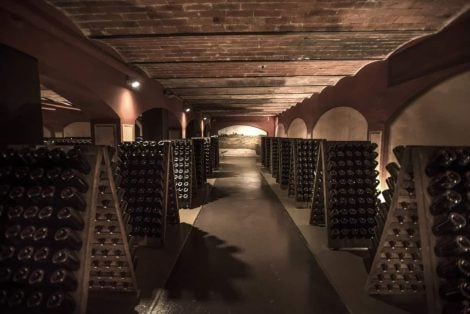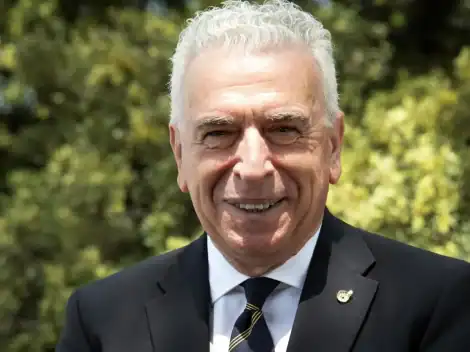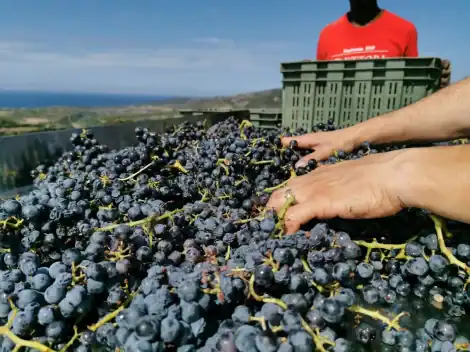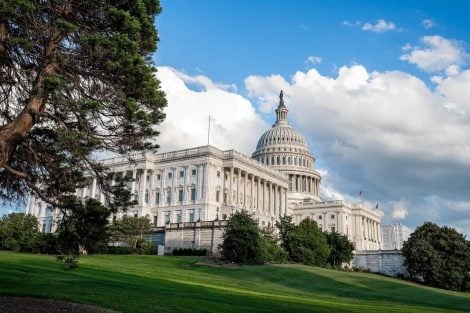by Edoardo Giribaldi
Digging through the archives of the White House, one can trace back to a brief statement dated January 31, 1994, in which then-US President Bill Clinton and German Chancellor Helmut Kohl were reported to have "lunched together" at the Filomena Restaurant, an Italo-American eatery located in the Georgetown neighborhood of Washington. Amidst a plate of lasagna and ossobuco alla milanese (just a few of the culinary specialties from the Bel Paese on the menu), the two discussed topics that could still be found on the diplomatic agendas of their successors: "Developments in Russia, Ukraine [...] and the Middle East," reads the document.
More than just a meal
The genesis of the restaurant is owed to JoAnna Filomena Chiacchieri, who in 1980 moved from New York City to Washington to assist her elderly mother, simply named Filomena. The family has Abruzzese origins, and cooking becomes one of the vehicles through which Mother Filomena tells her daughter the story of her ancestors. "She grew up knowing Italy through its traditional dishes, but it was very difficult to find the ingredients here in the United States. Being very creative, she adapted many of her recipes using what she had available," Michael Chiacchieri tells Gambero Rosso, JoAnna's grandson. It was JoAnna's passion for traditional dishes, combined with a good dose of inventiveness and ingenuity, that sparked the idea of opening a place where "dinner was more than just a meal," as she experienced in several not-so-memorable experiences in the vicinity of the metropolitan area of the US capital.
The decor, like grandma's house
JoAnna's recognition of her mother extends to the point where the interior of the establishment is described as a "living sanctuary" dedicated to Mother Filomena, as Chiacchieri recounts. Some have called them "over-the-top," while others felt like they had stepped back in time, "to grandma's house." What is certain is that the marble statues, the Murano glass chandelier, the giant plants, the carved chairs and oak tables, along with decorations specific to each holiday of the year, make Filomena's decor anything but dull and anonymous, featuring knick-knacks that JoAnna transferred from her mother's house to the restaurant. Everything, in short, speaks Italian, including the background music playing between courses, a tribute to Mother Filomena's husband, Antimo, a musician when he still roamed the Abruzzo countryside.
"I like Filomena, maybe too much"
Returning to diplomacy, the family atmosphere—just think, fresh pasta is prepared in the open kitchen by the so-called "Pasta Mamas," ladies who make sure to greet every customer who enters the establishment—has been exploited, over the years, by several American presidents to sweeten, and perhaps spoil, their visiting counterparts at the White House. The aforementioned lunch between Clinton and Kohl, however, had been proposed by the German Chancellor himself, who within the walls of the Oval Office admitted to preferring an evening arrival in the United States, "so I'll go to Filomena's." It was March 26, 1993. "Maybe, when I come back, we could go together, it seems to me that you like their cuisine, don't you?" The American president's response is emblematic.
"Yes, I like it. Maybe too much." The rumor that Filomena's clam pasta was a must-have must have frequently circulated in the Clinton household, as Hillary was also spotted in the restaurant several times—perhaps in turn prompted by another first lady spotted several times at the Georgetown restaurant, Nancy Reagan—as well as George W. Bush and the current occupant of the White House, Joe Biden.
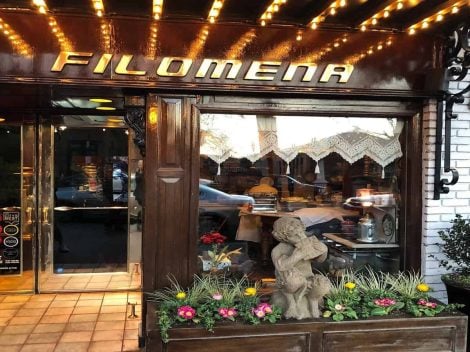
The abundance of portions, the real strength
"What has remained over all these years of activity at Filomena?" asked, four years ago, a reporter from the local NBC to the dining room manager Dean Jensen, known to friends as "Dino," on the occasion of the restaurant's fortieth anniversary. "Our abundance in portions," was his reply. They have remained generous "just like those Filomena prepared for her family gatherings and to make the visit to her home an unforgettable moment," explains her great-grandson Michael. The menu is an ode to Italo-American tradition. From appetizers, ranging from the classic arancini to the "Mamma Mia" shrimp, fried and topped with a generous amount of chili, to the "Mamma's Gnocchi" or "Chiacchieri's Ravioli," to finish it all off with a glass of sambuca or amaretto, "our way to thank our guests."
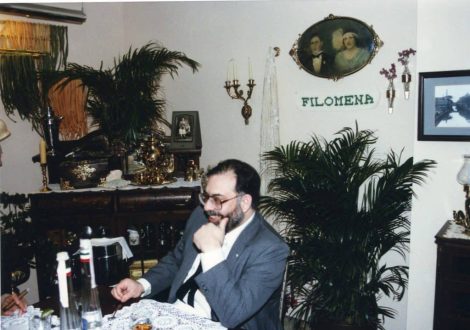
Not just presidents, the approval of Italo-American stars
A true point of reference, which has earned the restaurant several awards over the years. From mentions in the Washington Post and the New York Times to inclusion in various lists featuring the best Italian restaurants in the area, to mentions on "homegrown" television programs, such as Little Big Italy. But perhaps the real icing on the cake was the visit and subsequent appreciation expressed by some of the most recognized American celebrities with declared Italian origins. "Tony Bennett," explains Chiacchieri, "is the first one that comes to mind as a regular customer. He liked our calamari, mixed fried seafood, rigatoni with vodka sauce, and, of course, our homemade sausages and peppers." Not only the quintessential crooner, but also "The Voice" Frank Sinatra, director Francis Ford Coppola, and actor Al Pacino, who also fell in love with the "Sausage and Peppers." "Many years ago, he performed at the Kennedy Center in a show that I believe was called Wooden Buffalo. The first time he came to the restaurant, he chose to 'stay in character' he was playing, showing up in a worn leather jacket and a bottle in a brown paper bag." Another celebrity who, while not of Italian origin, tied his name to the Bel Paese thanks to his years spent between Rieti, Reggio Calabria, Pistoia, and Reggio Emilia, is basketball star Kobe Bryant. "He came to eat with us, spoke Italian very well, and had a beautiful conversation with Dino," Chiacchieri recalls.

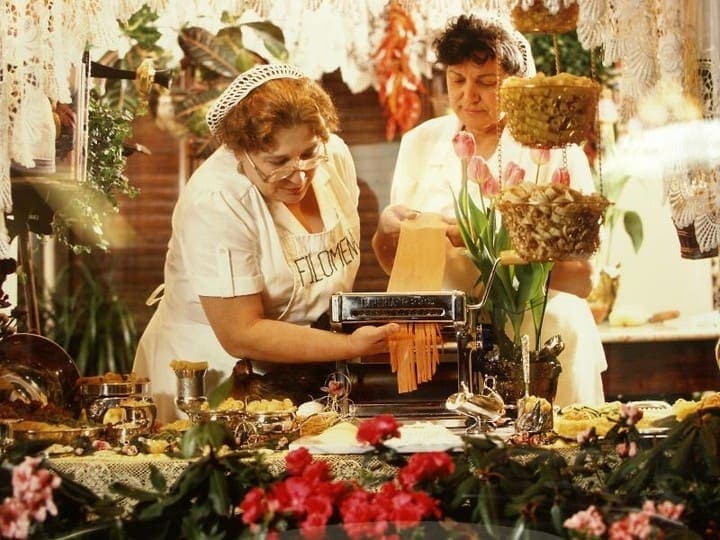
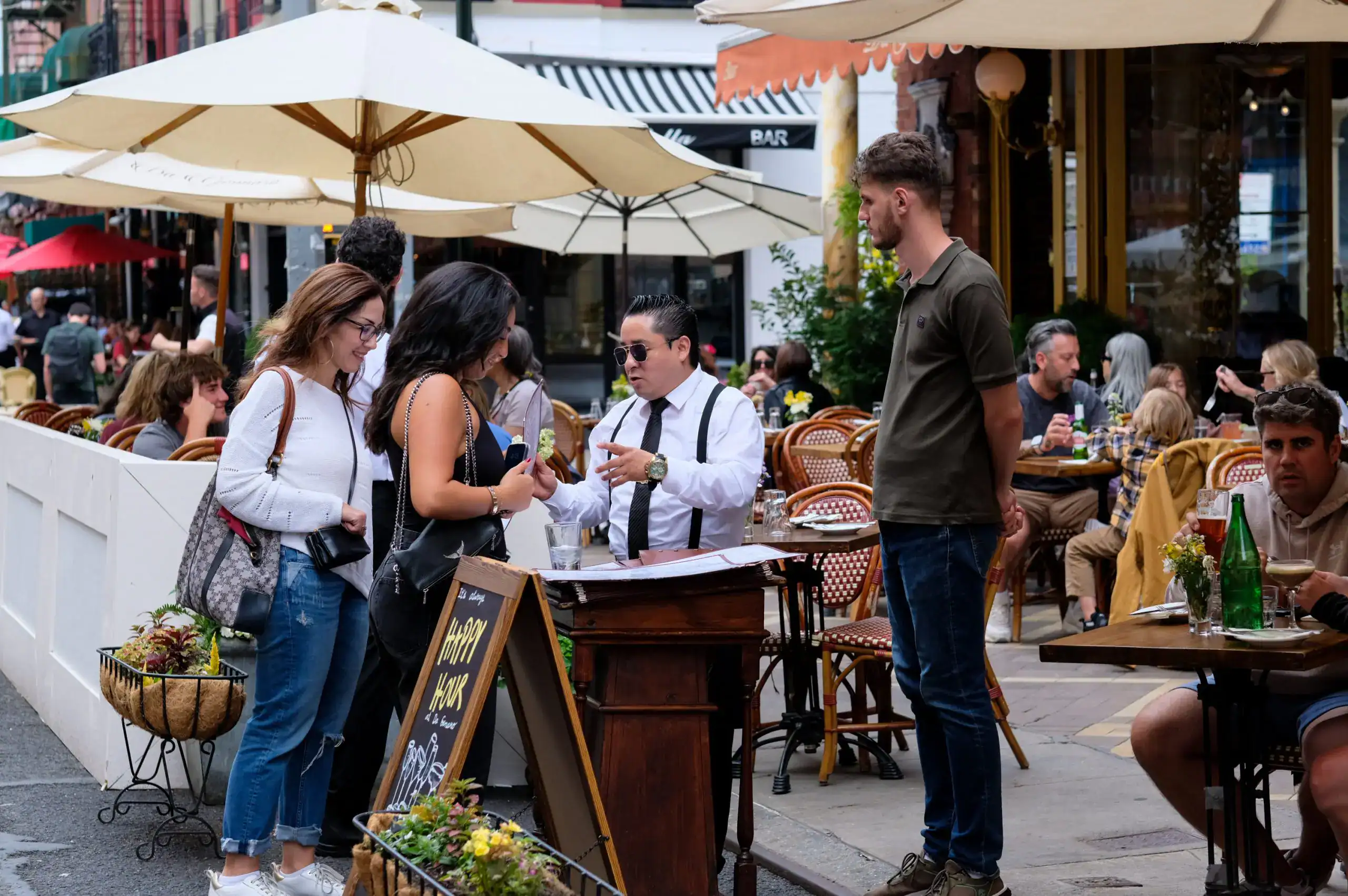 Little Italy in New York is Italian in name only. The disastrous effects of mass tourism
Little Italy in New York is Italian in name only. The disastrous effects of mass tourism "Trump is bullying Europe. With US tariffs at 30%, the consequences will be similar to the methanol crisis." Marco Caprai’s warning
"Trump is bullying Europe. With US tariffs at 30%, the consequences will be similar to the methanol crisis." Marco Caprai’s warning "Trump's tariffs? It's no longer time to be diplomatic. Europe must respond firmly." Matteo Lunelli speaks
"Trump's tariffs? It's no longer time to be diplomatic. Europe must respond firmly." Matteo Lunelli speaks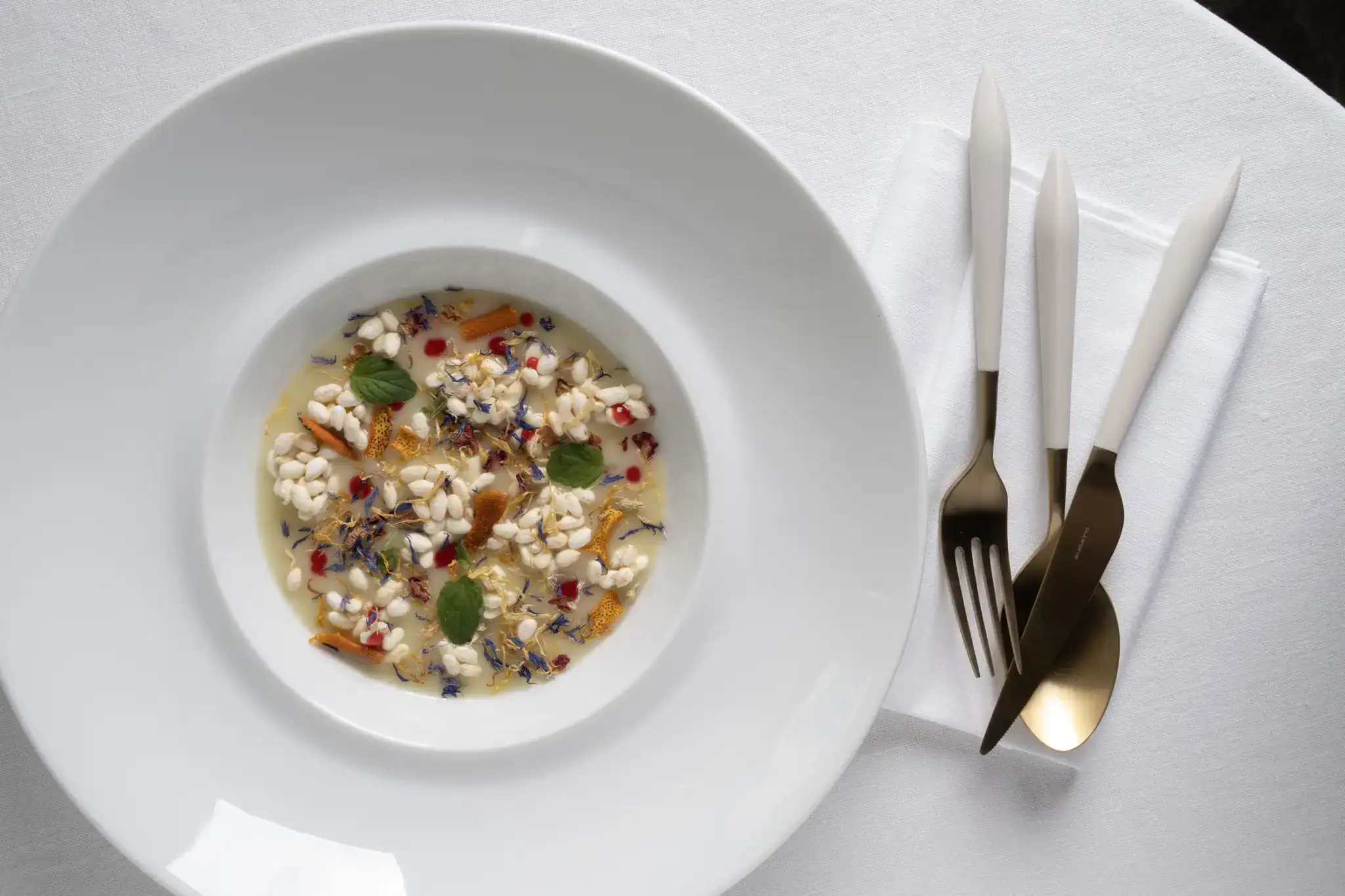 The Michelin star king of Liguria opens a new restaurant: here is Luv by Mauro Ricciardi
The Michelin star king of Liguria opens a new restaurant: here is Luv by Mauro Ricciardi